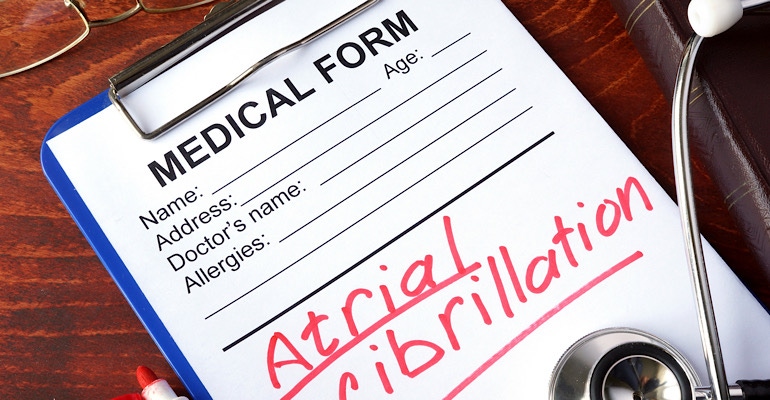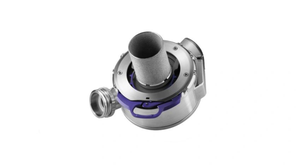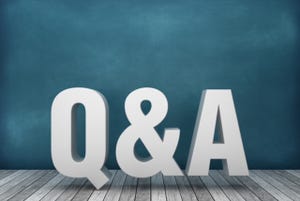The Livmor Halo System, deployed on a Samsung wearable, can be worn daily and is physician prescribed.
October 19, 2020

Livmor has won a nod from FDA for a physician-prescribed wearable that continuously monitors for atrial fibrillation. The Dallas, TX-based company said continuous monitoring can significantly enhance the detection of paroxysmal (intermittent) or asymptomatic forms of Afib.
The Livmor Halo System, deployed on a Samsung wearable, can be worn daily, and because it is completely non-invasive the patient's pulse rhythms recorded by the device can be analyzed for Afib indefinitely.
A multi-center clinical trial was conducted with 269 enrolled patients, comparing the accuracy of the Livmor Halo System, in the processing of photoplethysmogram signals recorded by the Samsung wearable, with a concurrently recorded electrocardiogram.
The ECG recordings were reviewed for accuracy by automated algorithms, ECG technicians, and cardiologists, and were subsequently compared to the concurrently recorded pulse rhythms from the Livmor Halo system.
The Livmor Halo was 100% sensitive in identifying patients with Afib and 93% specific in identifying patients without Afib.
Dr. Subhash Banerjee, Chief of Cardiology, North Texas VA, Co-principal Investigator said in a release, "The goal of Livmor's Afib detection monitor is to provide cost-effective systemic population monitoring for patients susceptible to having atrial fibrillation, particularly those with paroxysmal or asymptomatic forms of Afib and also for those with a prior diagnosis of Afib, to provide clinically valuable monitoring for the management of the condition.
The number of wearables designed to detect Afib is growing. Another interesting fact is that more patients are becoming invested in these devices.
Apple led the charge on this swing back in September of 2018 by taking Afib detection ‘commercial’ with a nod from FDA. The tech titan received a de novo for an ECG app to run on its smartwatch.
Recently, the Cupertino, CA-based company’s rival in wearables, Fitbit, won a nod from FDA for an ECG app.
About the Author(s)
You May Also Like




